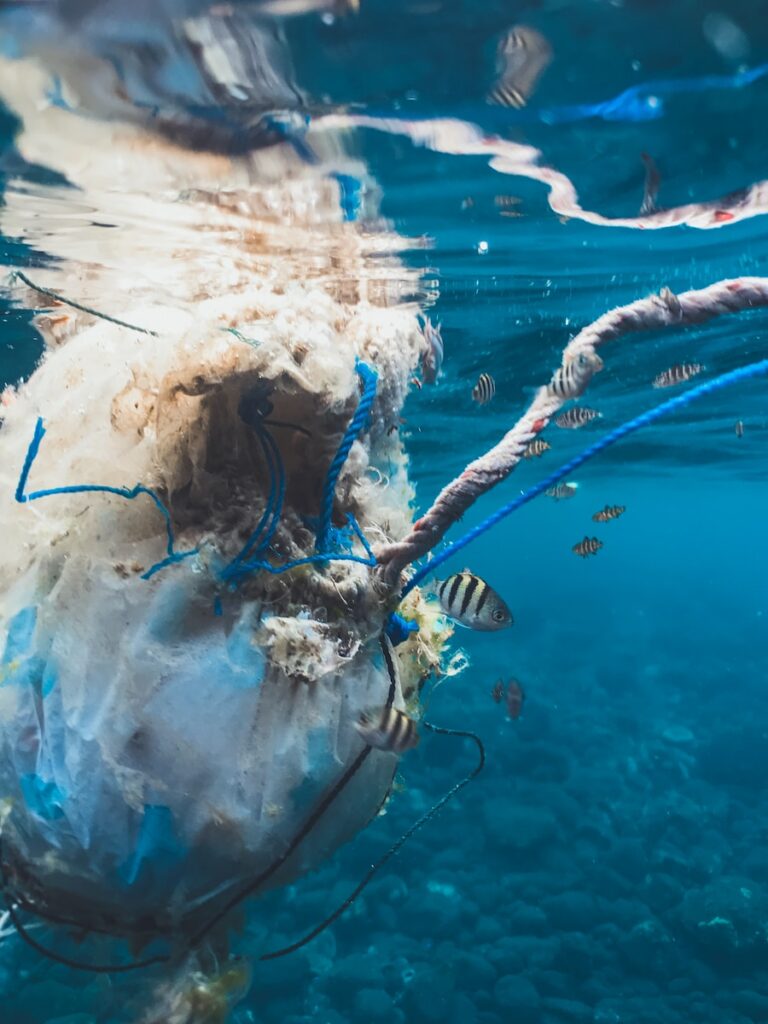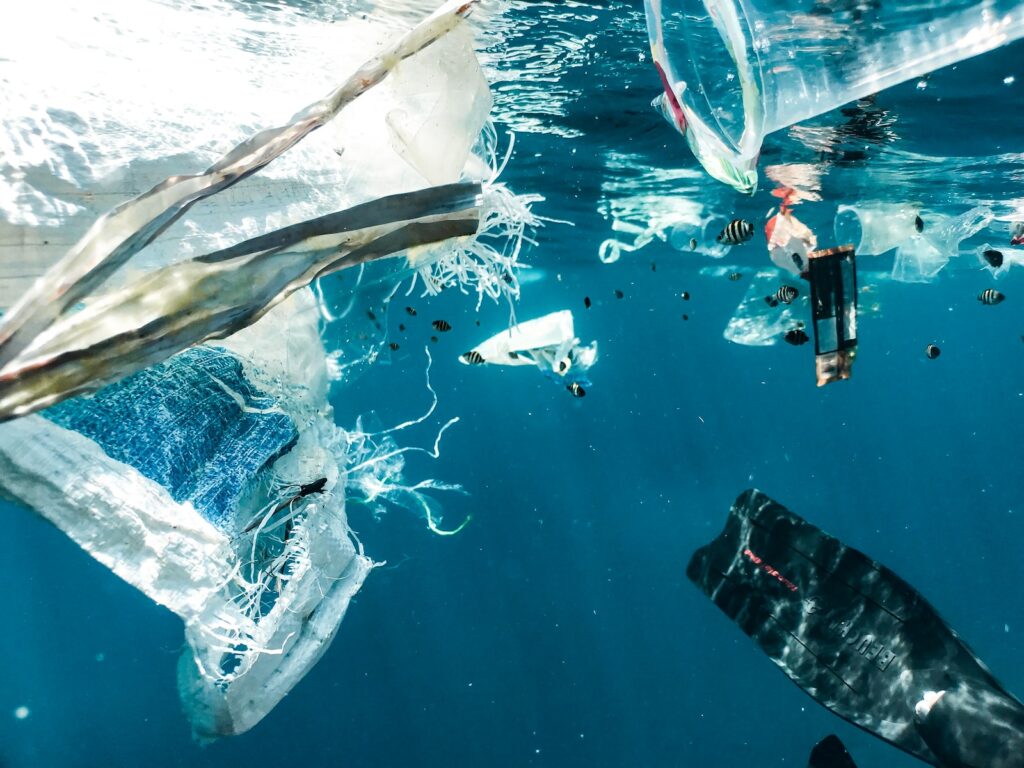Ocean Pollution Facts: What You Need to Know
Ocean pollution is a serious threat to the health of our planet and its inhabitants. According to the National Geographic Society, marine pollution is a combination of chemicals and trash, most of which comes from land sources and is washed or blown into the ocean. This pollution results in damage to the environment, to the health of all organisms, and to economic structures worldwide. In this article, we will explore 5 ocean pollution facts that you need to know, and what you can do to help prevent it.
Five Frightening Ocean Pollution Facts:
Fact #1: More than 8 million tons of plastic enter the oceans every year
Plastic is one of the most common and persistent pollutants in the ocean. It is estimated that 8 million tons of plastic enter the ocean annually, which is equivalent to dumping a garbage truck full of plastic into the ocean every minute. Plastic can take hundreds of years to degrade, and it breaks down into smaller pieces called microplastics, which can be ingested by marine animals or accumulate on the seafloor.
Fact #2: Plastic pollution affects more than 800 different species of animals
Plastic pollution poses a serious threat to marine wildlife, as many animals mistake plastic for food or get entangled in it. According to National Geographic Kids, more than 800 different species of animals are believed to be severely threatened because of plastic pollution in the ocean. Some of the animals affected by plastic pollution include sea turtles, seabirds, whales, dolphins, fish, and coral reefs.
Fact #3: The ocean absorbs 22 million tons of carbon dioxide every day because of rubbish
The ocean plays a vital role in regulating the climate by absorbing carbon dioxide (CO2) from the atmosphere. However, the increasing amount of rubbish in the ocean has altered this natural process and made it less efficient. According to NRDC, 80% of ocean pollution originates on land, and this pollution carries chemicals, nutrients, and heavy metals that increase the acidity and temperature of the ocean water. This makes it harder for the ocean to absorb CO2, which contributes to global warming and ocean acidification.
Fact #4: There are five giant garbage patches in the ocean
One of the most visible signs of ocean pollution is the accumulation of floating debris in certain areas of the ocean. These areas are called garbage patches, and there are five of them around the world. The largest one is the Great Pacific Garbage Patch, which covers an area twice the size of Texas and contains an estimated 1.8 trillion pieces of trash. The garbage patches are formed by ocean currents that trap and concentrate the debris in these regions.
Fact #5: Indonesia and India are the top contributors of plastic pollution in the ocean
The amount of plastic pollution in the ocean varies depending on the location and source of the waste. Some countries produce more plastic waste than others, and some have better waste management systems than others. According to Earth.Org, Indonesia and India are the top contributors of plastic pollution in the ocean, followed by China, Brazil, Nigeria, Bangladesh, United States, Pakistan, Vietnam, and Philippines. These countries account for more than half of the plastic waste that enters the ocean from land.

"Ocean pollution is a serious issue that affects us all. By learning more about it and taking action to prevent it, we can help protect our ocean and its amazing creatures for generations to come."

What can you do to help?
Ocean pollution is a global problem that requires collective action from governments, businesses, and individuals. Here are some simple steps that you can take to help reduce ocean pollution:
- Reduce your use of single-use plastics such as bags, bottles, straws, cups, and cutlery. Choose reusable or biodegradable alternatives instead.
- Recycle your plastic waste properly and avoid littering. Dispose of your waste in designated bins or take it to a recycling center.
- Participate in beach cleanups or other environmental activities in your community. You can also support organizations that work to protect the ocean and its wildlife.
- Educate yourself and others about the causes and effects of ocean pollution. Share these facts with your friends and family and encourage them to join you in taking action.
Ocean pollution is a serious issue that affects us all. By learning more about these ocean pollution facts and taking action to prevent it, we can help protect our ocean and its amazing creatures for generations to come.
